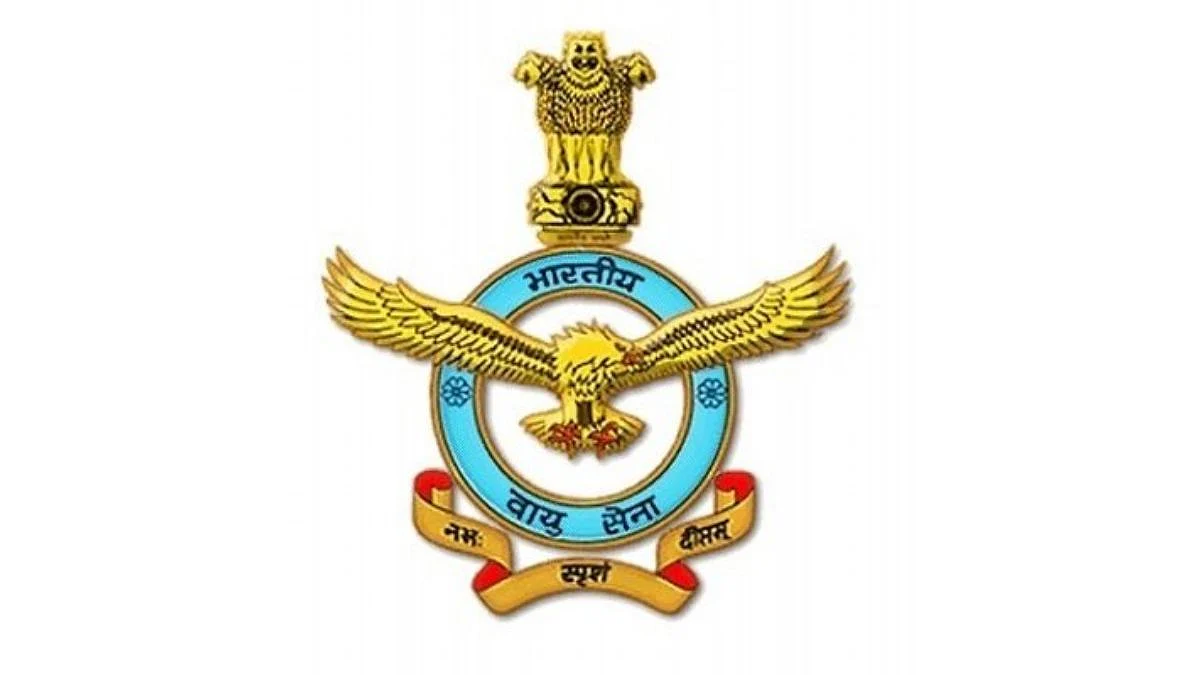On 30 June, Education Minister Dharmendra Pradhan said that DU has played a vital role in the implementation of the National Education Policy as he spoke at the closing ceremony of Delhi University’s centenary celebrations.
Late in August 2021, Delhi University approved the implementation of the National Education Policy (NEP). The NEP was implemented from the 2022-2023 academic session with the introduction of a four-year undergraduate programme. As the session comes to an end, let us look at the journey of NEP at Delhi University so far.
“Everything was confusing and unclear at the beginning, right after getting admitted to DU”, shares Ruhi Sharma, a first-year undergraduate student from Delhi University.
The complexity with which the DU SLC portal is designed poses a challenge for students to register themselves for upcoming examinations, access their results and register for courses. It becomes a bigger challenge for students coming from rural backgrounds, less familiar with technology. The CUET portal was itself a challenge as there was no understanding amongst the students on how to fill their course preferences at the time of admission. The entrance, in fact, got delayed due to many technical glitches which further delayed the admission process.
“I took help from the YouTube channels to familiarise myself with the new system, although official documents were shared with us for our understanding, it was too much to go through”, says Tanishka Saxena, a first-year student from Delhi University.
Students also shared how the first year of their college drained all their energy. The timetables were rigorous with classes starting from 9:00 am and going on till 4:00 pm for 6 days a week. The length of the semesters was also reduced to cover the time lost due to the delayed admission which ate up their summer vacation affecting their health. Many students reportedly fainted during the lecture as they had to sit through continuous lectures in ill-ventilated classrooms during conditions of severe heat waves. The hectic schedule provides students with no time for self-study or preparation for other competitive exams.
One of the provisions of the NEP is the multiple entry/exit scheme (MEES), where students can enter and exit the programme at various stages. Many new courses such as the Value Addition Courses (VAC), Skill Enhancement Courses (SEC), etc. were also introduced.
Dr Maya John, Assistant Professor, DU and elected member, DU Academic Council said, “The University administration provided inadequate time to the university teachers to formulate new syllabi under the FYUP that would sync with the multiple entry and exit format of the UG degree.”
Students said that the SEC and VAC are merely time-consuming, disrupting their preparation for their core papers. “The VAC and SEC papers did not teach us any skills and remained a source of stress and anxiety as we could not contextualize the syllabus of these papers to our degrees”, a DU student shares. The implementation of the National Education Policy at Delhi University becomes questionable as it remains unwelcome by students and professors.
Dr Maya John said, “The DU administration has been ill-prepared and high-handed in its adoption of several provisions of NEP 2020. Consequently, the transition into the four-year undergraduate program (one of the provisions of NEP 2020) has been chaotic and ridden with problems that have seriously affected the quality of the teaching-learning process.”
The NEP was introduced with the aim to rectify the discrepancies in the Indian Education system and provide equal and quality education at par with global standards. A year-long journey of NEP at DU has given a reality check to the policymakers.
“The NEP 2020 fails to address any of the long-pending problems of the school and higher education systems in India. More than reforms, the NEP 2020 represents deforms in that its technocratic addressal of the education question has actually not translated into greater equity, access and quality. The NEP 2020 also represents a boost in the privatization of higher education in terms of the active promotion of autonomous educational institutions as well as public-private partnerships (PPPs) in public-funded institutions. The research and the training provided thereon in the concerned educational institutions is largely dominated by the interests of the private player", says Dr Maya John.











